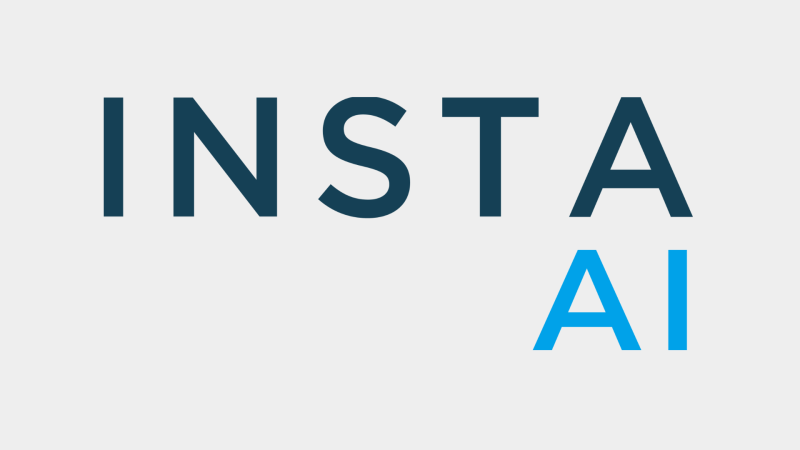
Federal Reserve's Inflation Gauge Hits Yearly High In January

Core PCE index's rise underlines inflation concerns and makes it unlikely the Fed will cut interest rates anytime soon.
January witnessed the swiftest rise in the Federal Reserve's key inflation measure in almost a year, shedding light on why officials are cautiously holding off on reducing interest rates.
The core Personal Consumption Expenditures (PCE) Price Index, excluding food and energy for its volatility, saw a 0.4% increase from the previous month, according to data released from the U.S. Bureau of Economic Analysis. Year-over-year, it climbed by 2.8%, marking a more accurate reflection of inflation's core than broader indexes.
Consumer spending, adjusted for inflation, dipped for the first time in five months following a strong holiday season. Meanwhile, real disposable income remained stable.
Federal Reserve officials have maintained that confidence in a sustained inflation slowdown is yet to be achieved, with Thursday's report likely solidifying this stance for the time being. They argue that it's premature to initiate interest rate cuts, opting instead to await further data for policy direction.
Core PCE data, observed over a six-month annualized period, hit 2.5% in January, momentarily surpassing the Fed's 2% goal after falling below it in recent months. The report highlights services inflation, minus housing and energy, as particularly persistent, noting a 0.6% monthly increase, the highest since March 2022, with significant hikes in portfolio management and accommodation costs.
This PCE update is the final one before the Fed's March 19-20 meeting, where a rate cut is unlikely, shifting market expectations to possibly June for easing measures.
January's data highlighted a notable decline in goods spending, the largest in a year, particularly in vehicle purchases—the biggest drop since mid-2021. Conversely, end-of-2023 consumer spending revisions showed strong momentum entering the new year, with a slight uptick in fourth-quarter PCE inflation.




